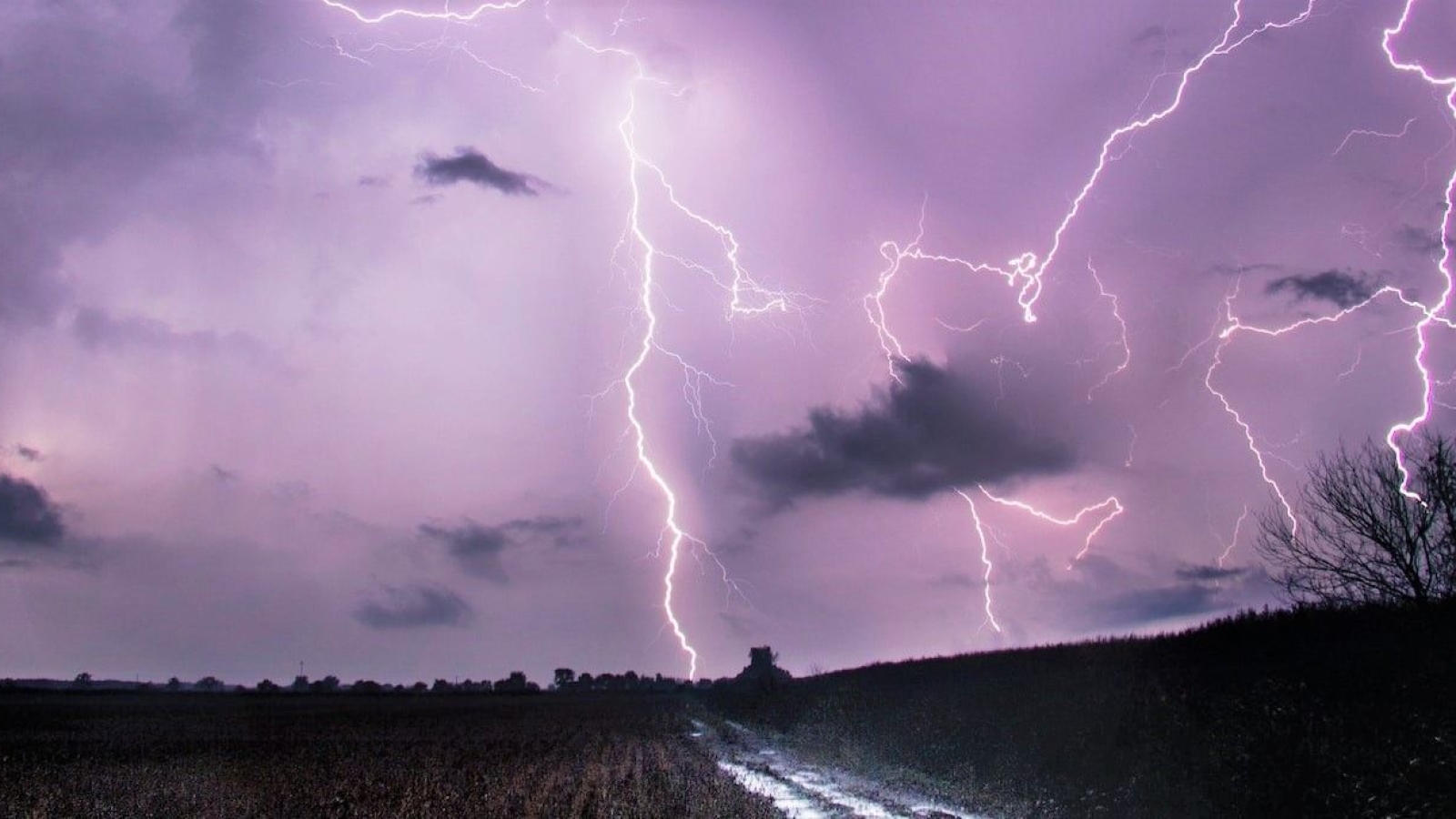Meteoropathy
I wrote recently about how weather can affect your mood (meteoropathy). Given that we have had such an unusual summer I thought I would expand on this and look at some specific effects. A 2019 animal study suggests drops in atmospheric pressure, for example ahead of a storm, can stimulate the production of stress hormones. This in turn can sensitise nerve endings and explains why some people’s chronic pain becomes worse.
Effects of Weather
But high temperatures can also increase your stress levels. Research from 2018 links higher temperatures to increased agitation and anxiety. Warm, sunny weather can improve brainpower by making you feel more open to information, boosting your memory and improving in attentiveness, if you have ADHD. It can also make people more tolerant of financial risk.
Evidence suggests people are more likely to attempt suicide in the spring and early summer. It’s not understood why, but there are some theories:
- More sunlight exposure and solar radiation may prompt a shift in neurotransmitter levels.
- Rapidly rising temperatures could trigger a mood episode, particularly for people with bipolar disorder.
- High pollen counts may prompt inflammation in the brain and worsen mental health symptoms.
Mental Health
For most people, weather has only a minor effect on mental and physical health. For example, Jennie (South Korean Musician) who said, “My style varies on my mood or the weather of the day”. However, for about 30% of people, shifts in weather can cause symptoms such as trouble concentrating, insomnia, irritability, migraine and pain around old scars or injuries.
Major depression can occur at any time of year. However, symptoms can be more frequent during colder weather. According to an Eastern European study of nearly 7000 participants, you’re more likely to have depression symptoms during November and December, when the temperature falls below 32°F (0°C), when the wind speed is higher than on previous days or if it snowed within the last two days.

Research from 2020 also suggests that people with bipolar disorder and a history of suicide attempts tend to have greater sensitivity to weather and have more severe meteoropathy symptoms. Episodes of depression occur more frequently in winter, while episodes of mania occur more frequently in spring and summer.
Voilence
It’s been found that individuals in both mild climates and harsh climates had much the same reactions to heat exposure. Research from 2017 has also linked the rising temperatures of climate change to increasing levels of violence globally. As temperatures increase, stress, impulsivity and aggression rise. And these can also then play a part in more frequent collective violence, like riots and wars. This is also true of interpersonal violence, such as assault, homicide and sexual assault.
Advice
If you suspect you might be sensitive to weather changes, consider these tips:
- Keep a mood journal so you can track how different weather patterns affect you.
- Monitor the weather forecast so you can prepare low-stress schedules for difficult days.
- Stay inside during harsh weather. If your home doesn’t have heating or air conditioning, you may want to visit your nearest emergency warming or cooling centre.
Meteoropathy usually lasts for a few days and disappears once the weather changes. If any mental health symptoms you experience do last more than a day or so, or keep you from doing the things you usually would, you may want to contact a healthcare professional for more help. They can help rule out any underlying conditions and offer more guidance on treatment options.



Add a Comment